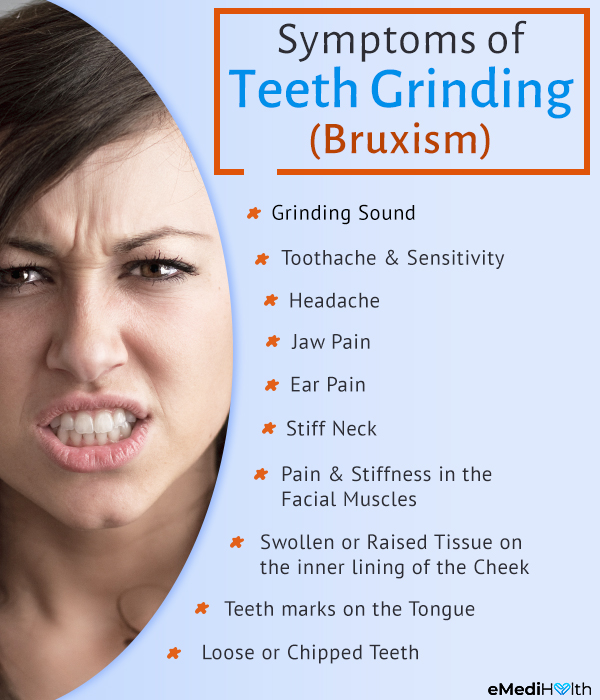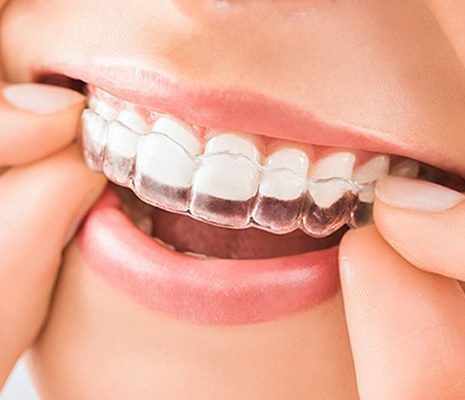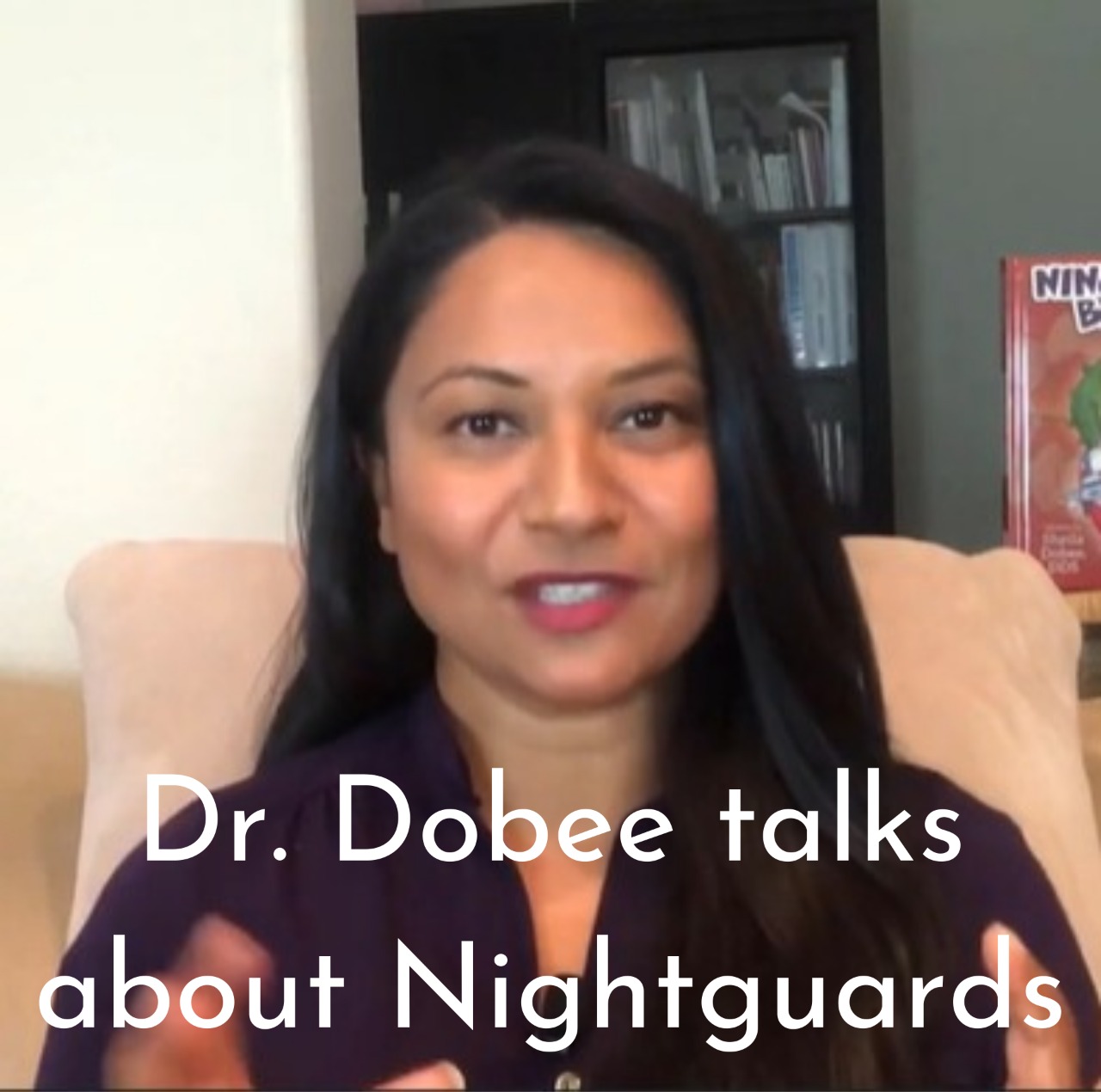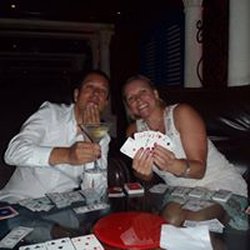Nightguards to protect against Bruxism & TMJ
“Bruxism” means grinding and/or clenching of teeth and it can occur while awake or asleep. Grinding your teeth while asleep is more of a problem since most people will grind their teeth much harder than they ever would while awake. Such “Nocturnal Bruxism” is a very common sleep behavior and many people will experience it at some time in their lives. It often is more evident during times of personal stress. It can also occur due to teeth that are not aligned properly, a problem in the TMJ, and mild chronic pain in the teeth.
Bruxism Symptoms
Over time, severe bruxism has classic symptoms like pain in the jaw, the inability to open the mouth in the morning, and pain that gradually decreases as the day passes. Severe bruxism will affect the TMJ badly. A night guard is one of the most important steps in relieving this problem, also known as TMD (temporomandibular disorder). Even if you don’t feel any pain, wearing a nightguard may aid in preventing the development of this painful condition and also protect the jaw joints from too much pressure that could damage them.


Treatment for bruxism
A night guard is a thin piece of hard material made from impressions of your teeth placed on the upper or lower teeth. The night guard is hard enough to be durable, but since it is softer than teeth it will protect them from wear. When the night guard is tried in, it is adjusted to fit your bite evenly and smoothly. We make a custom nightguard using a special scanning device so that it will not affect your bite and jaw. Store-bought night guards are not recommended as they will tremendously affect your TMJ in the long-term. Invisalign or teeth straightening may also be required if the bruxism is caused by misaligned teeth.
certification
Trusted By















